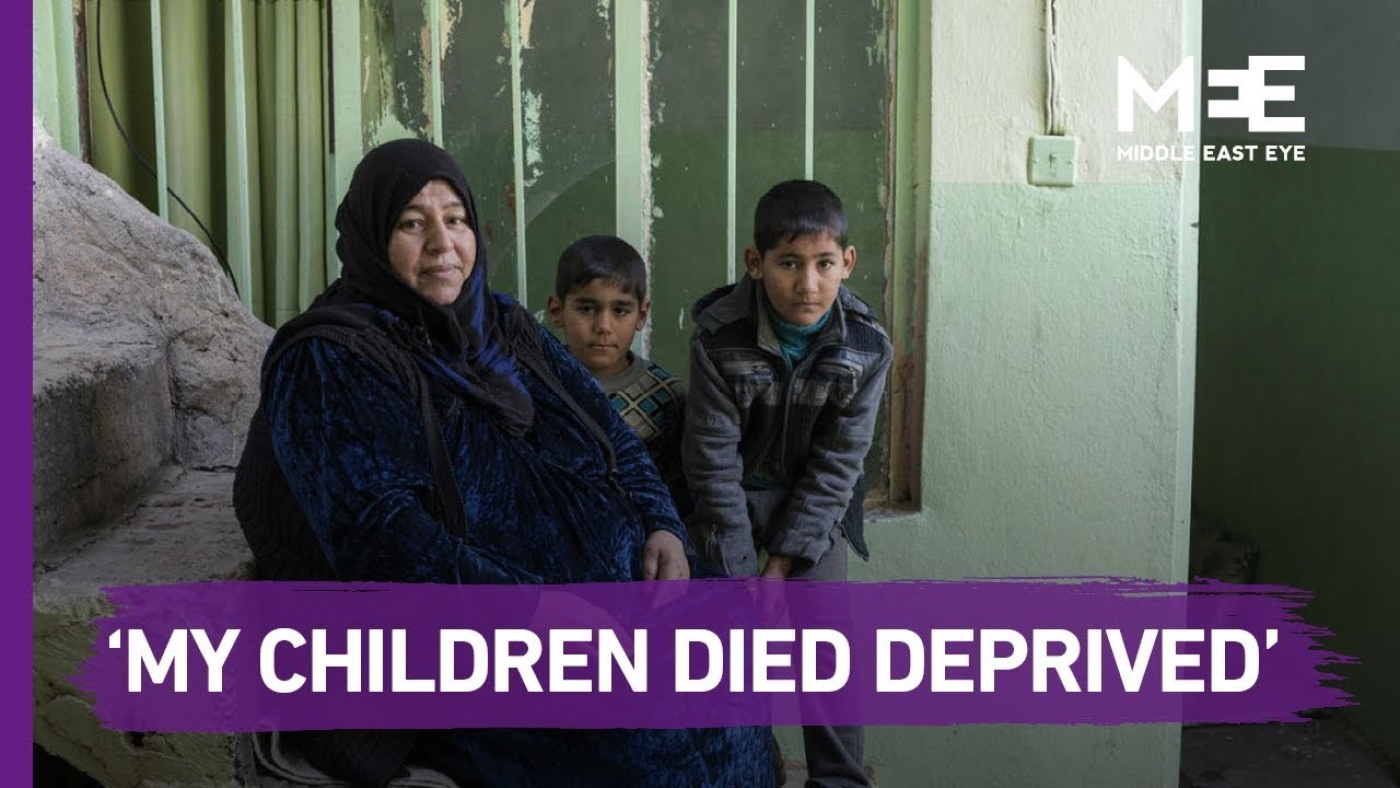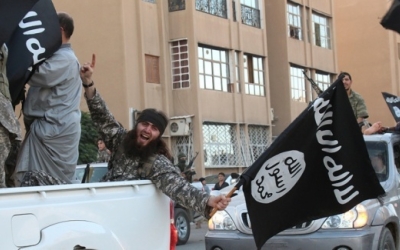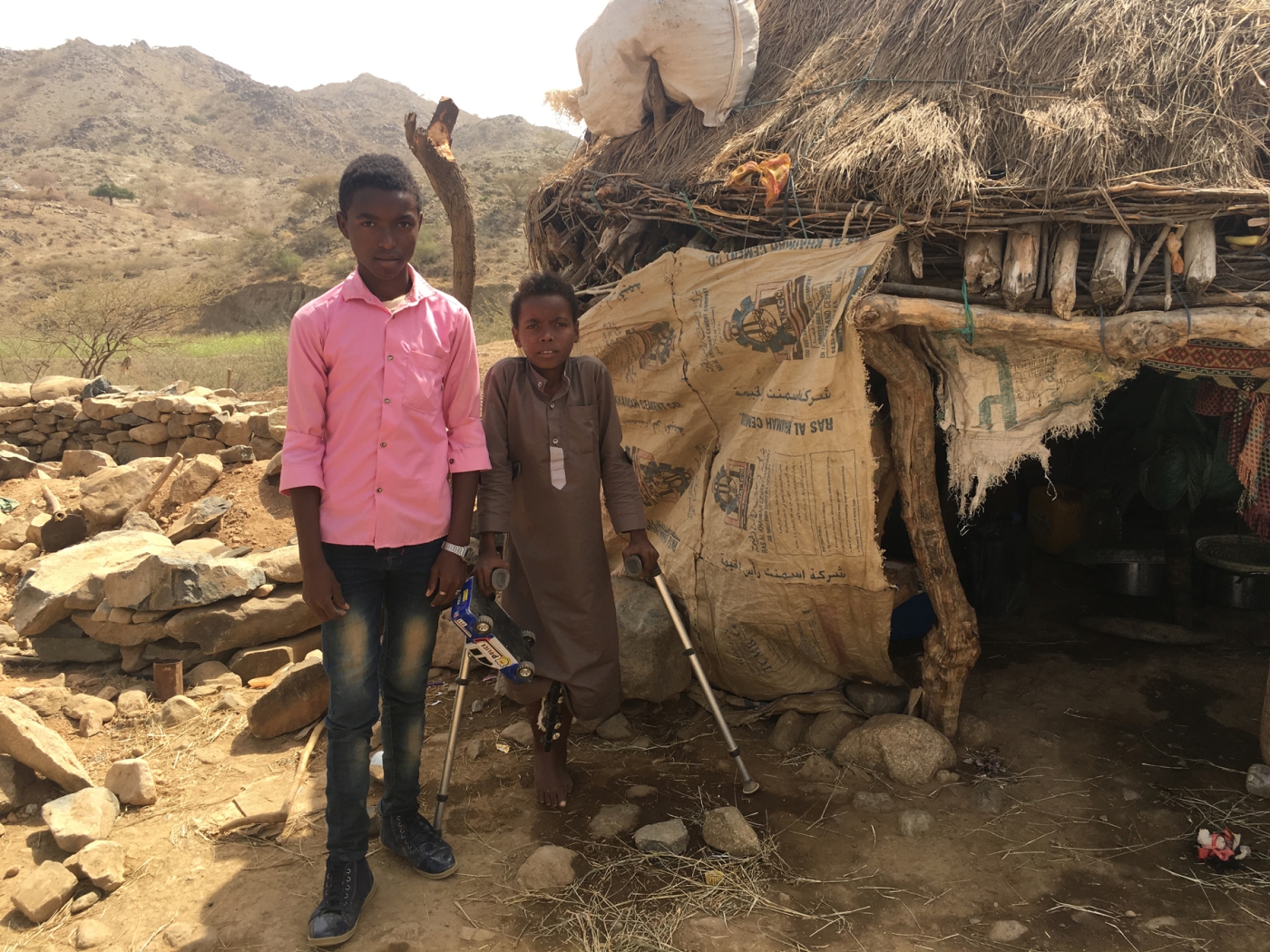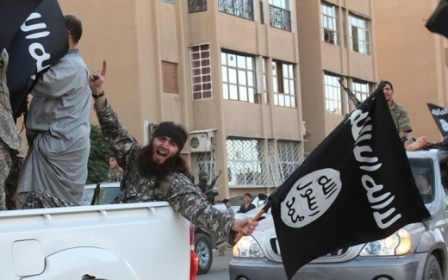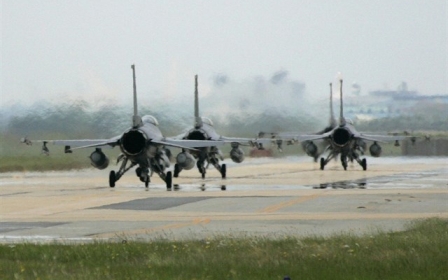More babies than fighters died in conflicts between 2013 and 2017: Report
At least 550,000 babies probably died as a result of armed conflicts between 2013 and 2017 in the 10 worst-affected countries, according to a new analysis by Save the Children - an average of well over 100,000 each year.
The death toll, which is based on United Nations data, includes infants who succumbed to indirect effects of war, such as hunger, damaged infrastructure and hospitals, a lack of access to health care and sanitation and a lack of aid.
The total number of deaths from indirect effects jumps to 870,000 when all children under the age of five are included.
By comparison, the UK-based charity estimates from available data that in the same five-year period almost 175,000 fighters were killed in the conflicts.
The infants probably would not have died if they had not been living in areas affected by conflict, Save the Children said.
New MEE newsletter: Jerusalem Dispatch
Sign up to get the latest insights and analysis on Israel-Palestine, alongside Turkey Unpacked and other MEE newsletters
Three countries from the Middle East feature in the 10 worst-affected countries - Syria, Iraq and Yemen.
'I just could not endure any more'
The risks faced by infant children in war zones were highlighted on Thursday when Shamima Begum, a British teenager who left to join the Islamic State (IS) group in Syria in 2015, said two of her children had died in the past three months and she wanted to return to the UK.
Begum, who is nine months pregnant with her third child, said losing two children "came as a shock. It just came out of nowhere, it was so hard".
Her first child, a daughter named Sarayah, who was ill, died at the age of one year and nine months and was buried in Baghuz a month ago.
Her second child Jerah - the first to die - succumbed three months ago at the age of eight months to an illness that was compounded by malnutrition.
Begum said she took him to a hospital, but "there were no drugs available and not enough medical staff".
As a result, she said she was "really overprotective" of her unborn child.
"In the end, I just could not endure any more," Begum said of her desire to get out. "I just couldn't take it."
Heavy toll of air strikes
Hundreds of civilians, including IS-linked family members, have been fleeing a US-backed offensive against IS's last holdout in Baghouz, in eastern Syria, which Begum fled with her husband two weeks ago.
She is now in the al-Hawl refugee camp in northern Syria.
About 2,000 children and 1,000 women from 46 nationalities are detained in prisons in Iraq and Libya and three camps in northeast Syria in "squalid" conditions for their ties to IS, according to a report on Tuesday by Human Rights Watch.
The offensive against IS has included multiple air strikes by the US-backed coalition.
On Tuesday, a coalition air strike on Baghouz killed 16 civilians, including at least seven children, according to the Syrian Observatory for Human Rights.
In Iraq, Syria and Yemen, the use of air strikes has taken a particularly heavy toll on children, Save the Children said.
In Syria, civilians constituted 71 percent of deaths reported by the Violation Documentation Centre. Shelling and air bombardment accounted for 57 percent of civilian deaths and 79 percent of children's deaths.
Almost all the deaths reported from barrel bombs - which have been used by Syrian government forces to target opposition-held areas - were civilians; 27 percent were children.
Mental health effects
The research by Save the Children also examined the impact of conflict on children's mental health in Syria and Iraq. In Iraq's Mosul, which was recaptured by Iraqi forces backed by coalition air strikes in 2017 after a more than a year-long battle, 43 percent of children returning to the city reported feeling grief all or a lot of the time.
Khalida, a 42-year-old mother of seven, lost two children during the operation to re-take Mosul from IS in 2016. One son, who was just two years old, was killed when an IS car bomb exploded outside their house.
She and three of her sons were also wounded in the same explosion. Her son Hassouni, nine, was hit in the head by shrapnel. He has severe scarring on his head and arms, and his hand is paralysed. He is constantly in pain and his injury has left him with a short temper, the report said.
Rising figures
Research commissioned by Save the Children found that 420 million children were living in conflict-affected areas in 2017 (18 percent of all children worldwide) — an increase of 30 million over the previous year.
Helle Thorning-Schmidt, chief executive of Save the Children International, said: "Every day, children come under attack because armed groups and military forces disregard international laws and treaties.
"From the use of chemical weapons to rape as a weapon of war, war crimes are being committed with impunity."
Save the Children is calling for an independent body to investigate and analyse all violations of international humanitarian law and of human rights, notably children's rights.
Middle East Eye delivers independent and unrivalled coverage and analysis of the Middle East, North Africa and beyond. To learn more about republishing this content and the associated fees, please fill out this form. More about MEE can be found here.


